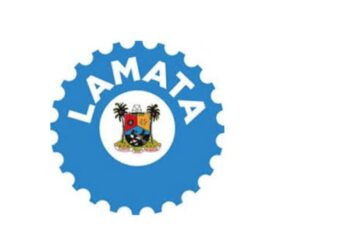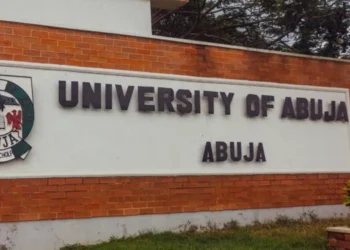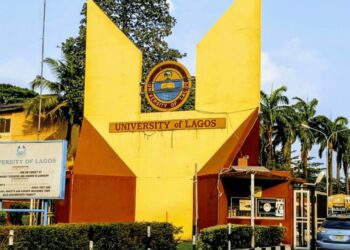The Federal Government has announced a major policy shift in the accreditation of tertiary institutions across Nigeria, following mounting concerns over the fragmented and costly process currently in place.
Speaking at a high-level stakeholders’ meeting with professional regulatory bodies in Abuja on Wednesday, July 10, 2025, the Honourable Minister of Education, Dr. Maruf Tunji Alausa, declared the present accreditation system “chaotic, exploitative, and unsustainable,” calling for a complete overhaul.
Dr. Alausa emphasized the need to streamline accreditation under the supervision of the National Universities Commission (NUC), arguing that the existing structure—where over 25 professional bodies conduct independent assessments and demand payments for logistics and stipends—has placed a heavy financial burden on educational institutions.
“Accreditation should not be a business,” he said. “We must move towards a unified, efficient model that upholds quality without draining our institutions of their limited resources.”
Also speaking at the event, Minister of State for Education, Professor Suwaiba Said Ahmad, described the overlapping visits by multiple accreditation teams as “overwhelming and disruptive,” often compelling institutions to adopt artificial compliance strategies rather than focusing on genuine academic quality.
The Permanent Secretary of the Ministry, Mr. Abel Enitan, reaffirmed the Federal Ministry of Education’s resolve to work collaboratively with relevant stakeholders to implement these reforms.
Echoing these concerns, NUC Executive Secretary Prof. Abdullahi Ribadu pointed to the frequent conflicts between academic and professional standards, calling for better alignment. In a similar vein, the Registrar of the Joint Admissions and Matriculation Board (JAMB), Prof. Ishaq Oloyede, condemned the exploitation of legal loopholes and urged stakeholders to seek rational, lasting solutions.
Key resolutions from the meeting include:
A joint accreditation process to be led by the NUC in collaboration with relevant professional bodies.
Accreditation exercises will be conducted every five years.
Accreditation visits must be completed within 2–3 days.
Professional bodies will self-fund their activities and are prohibited from charging institutions.
The reforms will apply to all tertiary institutions across Nigeria.
The new policy direction signals a bold move by the Ministry to reclaim control over the accreditation process and restore sanity to Nigeria’s higher education system.
Boriowo Folasade, Director of Press & Public Relations at the Federal Ministry of Education, signed the official release.



















































































 EduTimes Africa, a product of Education Times Africa, is a magazine publication that aims to lend its support to close the yawning gap in Africa's educational development.
EduTimes Africa, a product of Education Times Africa, is a magazine publication that aims to lend its support to close the yawning gap in Africa's educational development.